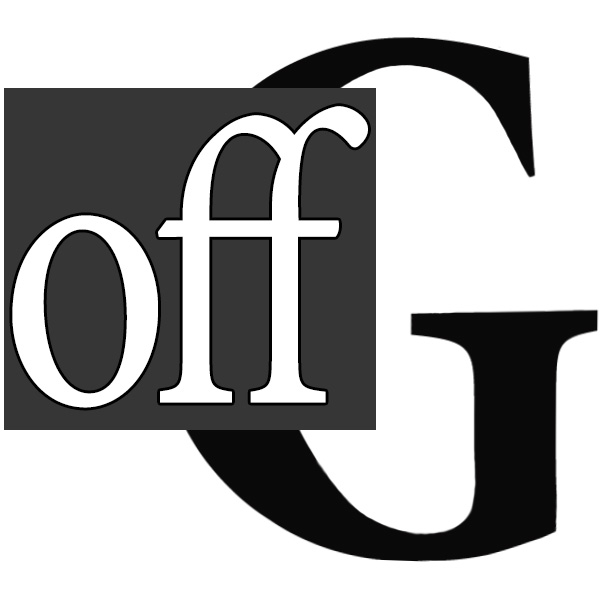When cultures clash: the West missed Russia’s resurgence as a global creator of meanings
nchudova.livejournal.com
N. Chudova is a Russian psychologist and blogger, who provides insightful analyses on current and historic developments.
Yury Lotman has a model of dialogue between cultures. Fifteen years ago I used it to analyze the relationship between Internet culture and “normal life” in our country (Russia). Within 10 years’ time the Internet culture moved from stage two relations through the remaining four stages and, beginning with 2011, we have recorded in our research the conversion of the I-culture into a “transmitter” one – at the level of individual psychology we noted changes that were observed in the early 2000s in people, whom I then called “the inhabitants of the Internet (‘netizens’).” Since the beginning of 2010s we live in a world built on the Internet.
Right now the conflict over Crimea and all that followed looks like a global crisis in the relations between Russia’s culture and Western culture. I think all the passion on both sides is due to the fact that Russian culture moves from the position of “a receiver” to a “transmitter” (or emitter, broadcaster – OG).
Here’s how it looks in general (all examples are just examples, not an exhaustive phenomenology; some examples may look even foolish).
The first step: texts coming from the outside retain their appearance of “foreign”; a foreign language is perceived as being highly cultured or developed; [the receiving culture’s] own language and its texts are deemed “backward” (the era of Gorby-Yeltsin-McDonald’s, Soros, the rejection of industrial economy, managers and financiers instead of engineers).
Second stage: “imported” texts and the “own” culture undergo a mutual reconstruction; “foreign” codes get embedded in the “host (receiving) culture” – adopted forms are used to produce new things, cooperation is attractive for us and the “old democracies” (the 2000s – everything is local, but according to Western patterns: “assembly” automotive industry, NGOs and charities, Kaspersky, Yandex, cellular phones, up to breaking out to the international markets).
Third stage: the community gets the impression that tools and texts borrowed from the other culture can be fully deployed only “here” in the new culture – all received forms are mastered and adopted and begin to fill with radically new content, i.e. the formerly receiving culture begins to “speak” in its own language, which, however, is already equipped with new tools. Moreover, it is texts of this type that are perceived as the best, freshest, model for all “normal life” for all the world.
These could be seen in such forms as new kind of volunteering and new charity, grain exports from a different type of agricultural firms, some new developments in the private industry, including the high-tech and military sectors, internetization of public services, city planning and architecture, a new type of relationship with religion, including the introduction of school lessons in Orthodox Ethics; the apotheosis: the offer-demand to reformat international relations and the implementation of these proposals on the old center’s “own ground”.
Fourth stage: The culture in question gets into a state of excitement and begins to produce new texts based on cultural codes, stimulated in the past by external invasions, but now transformed into a new original structural model.
Fifth – last – stage: the culture moves to the position of “transmitter (or emitter)” and itself becomes a source of a flow of texts directed at the “periphery.”
But in this scheme, Russia’s Ministry of Education and the High School of Economics (deemed as sources of Western cultural colonization) are trying to play not even at Stage Two, but at Stage One. The so-called opposition is in the same predicament. Their proposals are now irreversibly retarded not only in content but also in form. As early as the 2000s they were expected to produce something original, which would creatively build on and process Western models.
They did not deliver. Their last attempt to make something of their own, in terms of politics, is the Bolotnaya square protest. But they lacked creativity – it all came down to the old song about elections, transparency and tolerance. The [centers of influence] began slowly moving to the second stage, but the whole of society had gone to the third, and in 2014 it became all too visible.
Well, it is at the third stage when the former “center” starts to get nervous and angry – “No, you’re doing everything wrong, you somehow manage to use our forms in the wrong way, you invest something of your own in the words and rules we have invented, you should abandon all its amateurism and just accept all the clever and cultured stuff we feed you.”
P.S. Maidan is the same – it is genuine pleading for European integration, an application for the role of a receiving culture – the first stage of the dialogue with the EU, which Ukraine just seems unable to complete.
Perhaps, 23 years were spent on the realization that “Ukraine is not Russia”; it was impossible to jump to intercultural dialogue right away from within Gorbachev’s era. It could be done in Russian, but not in Ukrainian. A country first need to become a [standalone] culture, and only then enter a dialogue with the preferred “center”. Not surprisingly, they are still struggling with their own language and their own history, made separate from Russia’s.
Well, upon becoming, say, a whole culture, it would be strange for Ukraine to choose Russia as the “center” – no more than five years ago Russia was just as much a “receiving” culture. It was already at the final “receiver” Stage Two, but still, until recently, it generated new meanings only for itself, not for the world.
You can read the original of this article here (in Russian)
SUPPORT OFFGUARDIAN
If you enjoy OffG's content, please help us make our monthly fund-raising goal and keep the site alive.
For other ways to donate, including direct-transfer bank details click HERE.




